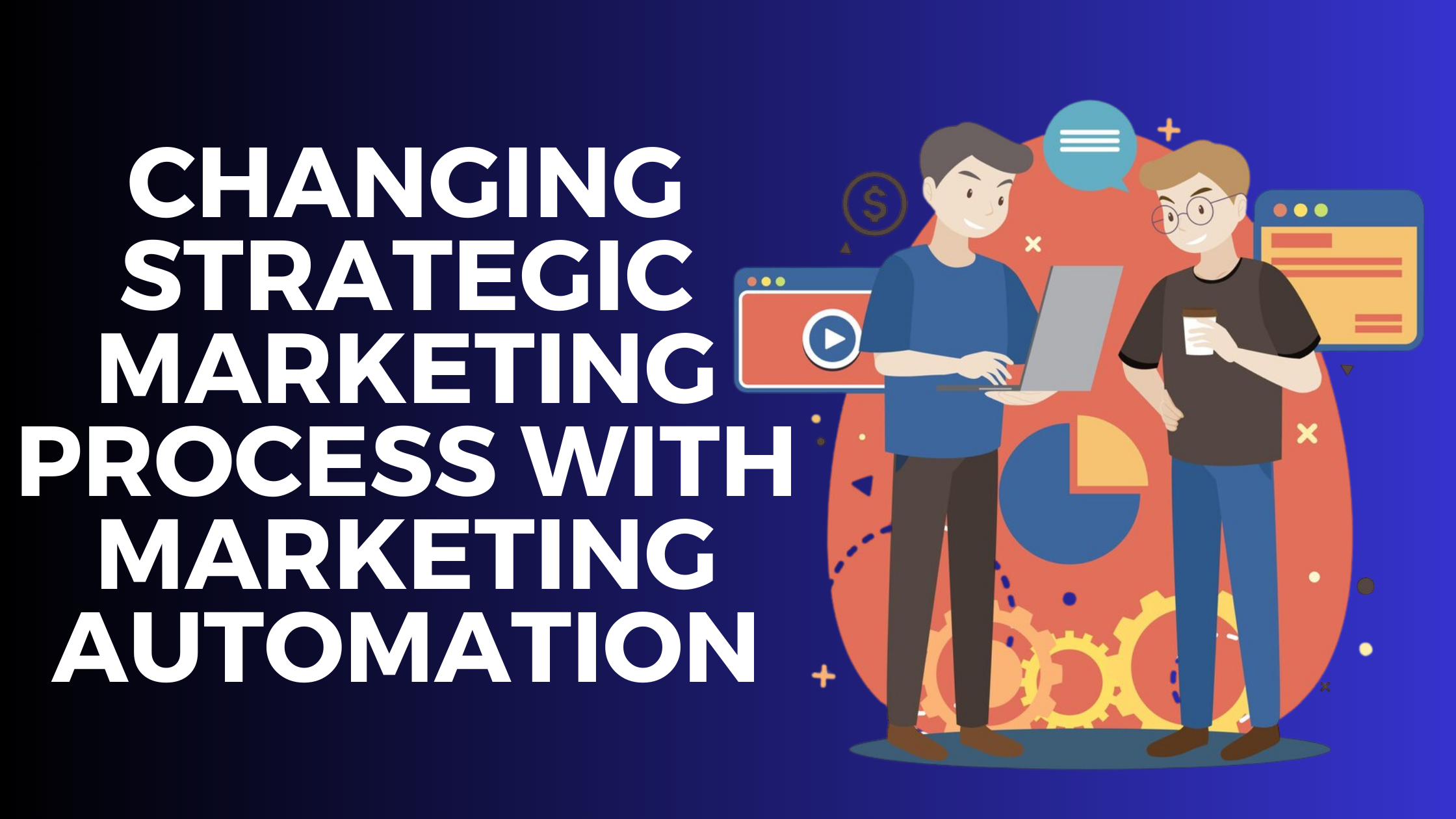Changing Strategic Marketing Process with Marketing Automation: Trends
- Conversational Marketing Software SEO Software Affiliate Marketing Software Marketing Tools


Changing Strategic Marketing Process with Marketing Automation: Trends
The strategic marketing process is undergoing a significant transformation, driven by the rise of marketing automation. This technology is reshaping the way businesses approach marketing, making it more efficient, personalized, and data-driven. Here are some of the key trends in marketing automation:
1. Technology Innovation
Technology has become a crucial element in marketers’ strategies to provide a customized experience to customers1. The use of advanced automation tools is on the rise, enabling businesses to streamline their marketing efforts and reach their target audience more effectively1.
2. Customized Omnichannel Experience
One of the key marketing automation trends is omnichannel automation2. Users now expect a seamless customer experience that is ultra-personalized across multiple channels2.
3. Performance Marketing
Performance marketing is another trend that is gaining traction. This approach focuses on optimizing marketing campaigns based on their performance, ensuring that businesses get the best return on their marketing investment1.
4. Measuring Made Easy
With marketing automation, measuring the success of marketing campaigns has become easier than ever. Businesses can now track the performance of their campaigns in real-time, allowing them to make data-driven decisions and improve their marketing strategies1.
5. Chatbot Integration
Chatbots are becoming an integral part of marketing automation. They provide instant customer service, guide users through the sales funnel, and gather valuable customer data1.
Here are some relevant SaaS products that can help businesses leverage these trends:
- Microsoft Dynamics 365 Marketing1: This tool offers comprehensive marketing automation capabilities, including customer segmentation, campaign management, and analytics.
- HubSpot1: HubSpot provides a full stack of software for marketing, sales, and customer service, with a completely free CRM at its core.
- Marketo1: Marketo offers a range of marketing automation tools, including email marketing, lead management, and analytics.
- Pardot1: Pardot, a Salesforce product, provides powerful marketing automation capabilities, including lead management, email marketing, and ROI reporting.
- ActiveCampaign1: ActiveCampaign combines email marketing, marketing automation, and CRM for small businesses.
- Mailchimp1: Known for its email marketing service, Mailchimp has expanded to offer a full marketing platform that includes automation tools.
- Customer.io1: Customer.io provides advanced automation tools that enable businesses to send targeted messages based on customer behavior.
- Odoo3: Odoo offers a suite of open-source business apps, including CRM, eCommerce, and marketing automation tools.
- Zoho CRM1: Zoho CRM offers a range of marketing automation tools, including email marketing, lead management, and social media marketing.
- Salesforce Marketing Cloud1: This tool provides a range of marketing automation capabilities, including customer journey mapping, email marketing, and mobile messaging.
Conclusion
The rise of marketing automation is changing the strategic marketing process, making it more efficient, personalized, and data-driven. By leveraging these trends and incorporating relevant SaaS products into their marketing strategies, businesses can enhance their marketing efforts and achieve better results.





